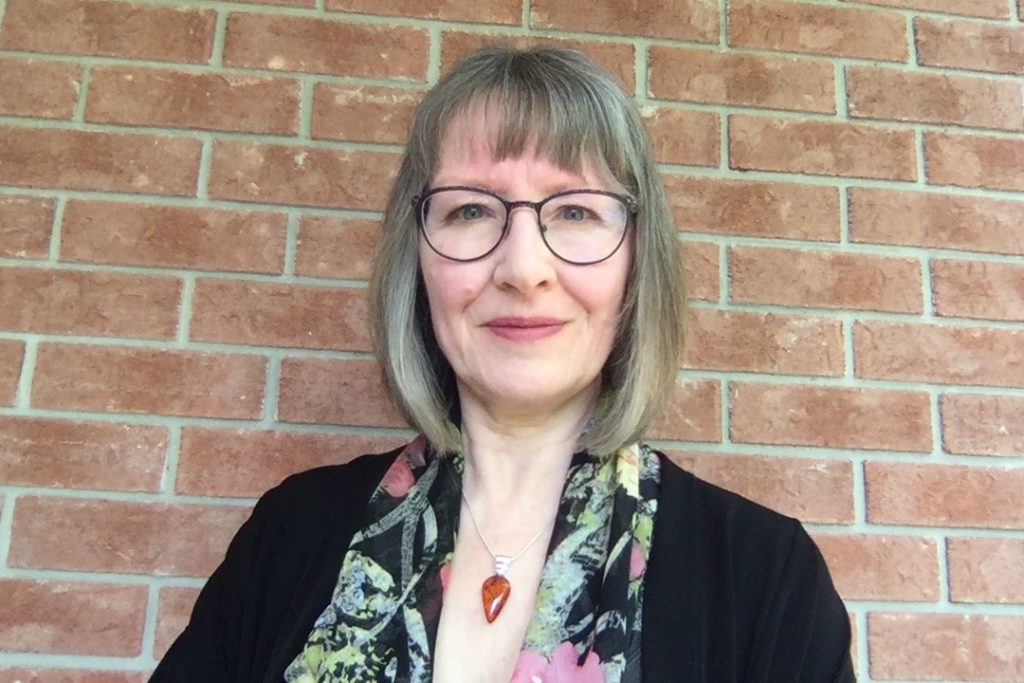Femininity and Vocal Subjectivity in Metal: Floor Jansen’s Negotiations of Expressive Space
[BACK]

ABSTRACT:
This presentation focuses on the vocal expression of Floor Jansen, whose work with After Forever (1997-2009), ReVamp (2009-2016), and Nightwish (since 2013) has established her as a leading female metal vocalist. Tracing an analytic path through selected songs, I explore Jansen’s vocal subjectivity within the ‘Beauty and the Beast’ duet idiom, from its origins in the Gothic/Death-Doom style through its subsequent developments in Symphonic and Progressive metal. Jansen’s performances of this vocal idiom comprise an expressive framework through which representations of femininity and masculinity are grounded in metal subgenre conventions. The extreme opposition of ‘feminine’ and ‘masculine’ voicing creates the sonic space for Jansen’s negotiations of female sexuality in metal. Through her lyrical and musical expression, Floor Jansen challenges gender norms and consequently transforms genre practices.
On a broader level, I hope to illustrate the value of musical analysis for the understanding of significant cultural expression. Adopting a thorough analytic approach to each selected song, I place lyrical expressive content into interpretive dialogue with formal, temporal, and harmonic elements, instrumental and vocal gestures, timbral effects, dynamic intensity and production staging. With the aim of revealing the workings of gender within musical genre, I present my analysis as a case study, mapping this vocalist’s passage through genre territory, during which her own musical subjectivity emerges and transforms.
BIO:
Lori Burns is Professor of Music and Director of the School of Music at the University of Ottawa. Her interdisciplinary research merges musical analysis and cultural theory to explore representations of gender and sexuality in the lyrical, musical, and visual texts of popular music. Her articles have appeared in edited collections published by Ashgate, Bloomsbury, Cambridge, Garland, Oxford, Routledge, Wesleyan, and the University of Michigan Press as well as in leading journals. Her book on popular music, Disruptive Divas: Critical and Analytical Essays on Feminism, Identity, and Popular Music, won the 2005 Pauline Alderman Award from the International Alliance for Women in Music. She has co-edited two collections: The Pop Palimpsest, with Serge Lacasse (University of Michigan, 2018) and The Bloomsbury Handbook to Popular Music Video Analysis, with Stan Hawkins (Bloomsbury 2019). Burns was a founding co-editor of the Tracking Pop Series at the University of Michigan Press and is now serving as co-editor (with Justin Williams) of the Ashgate Popular and Folk Music Series.
